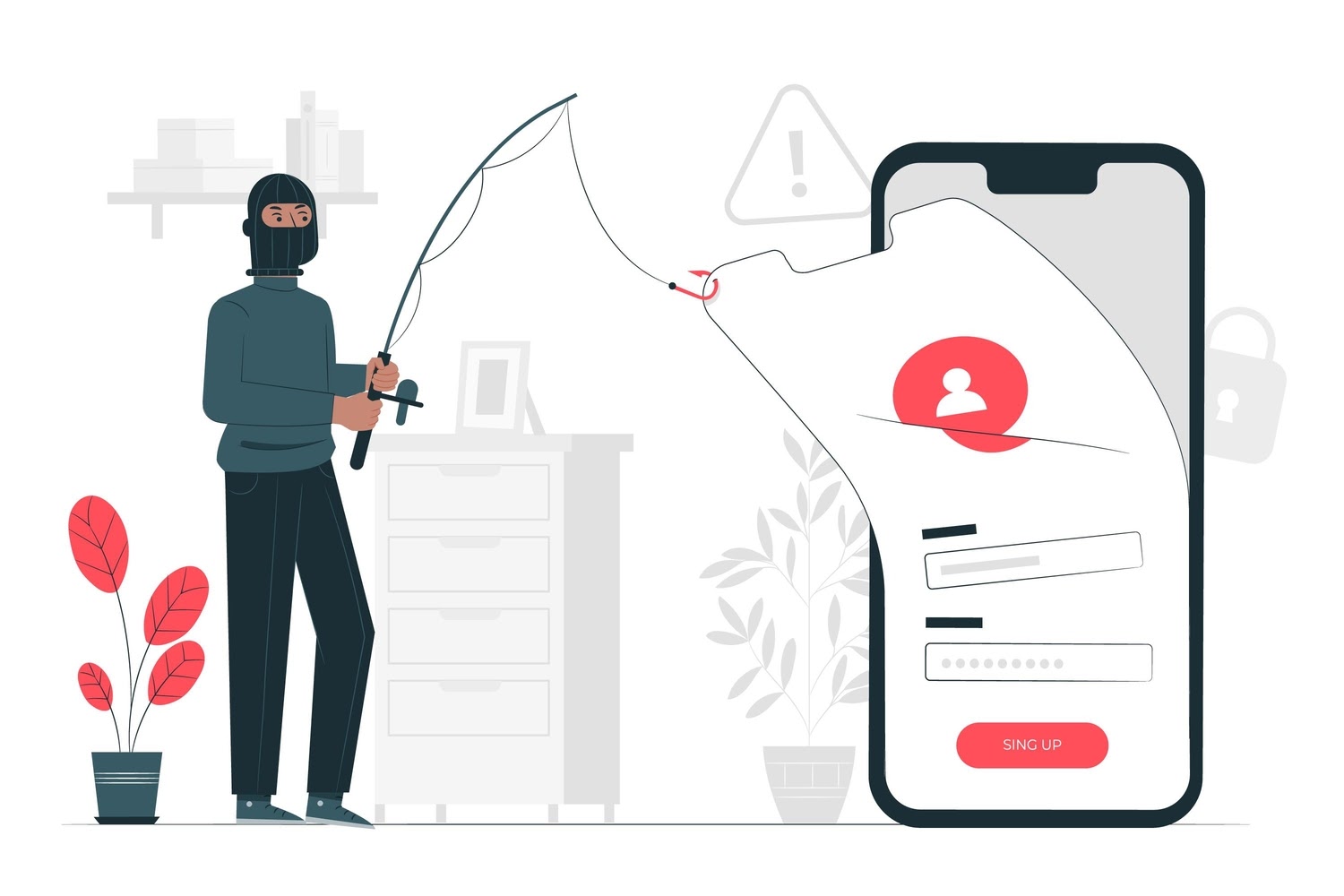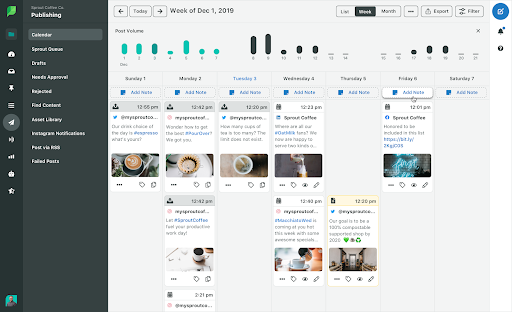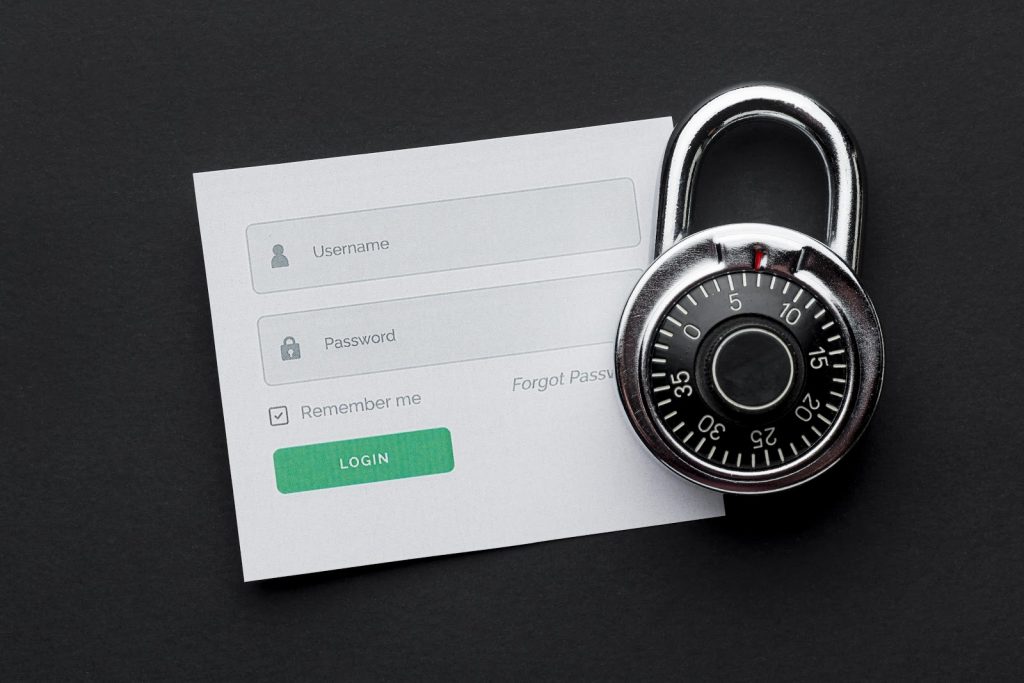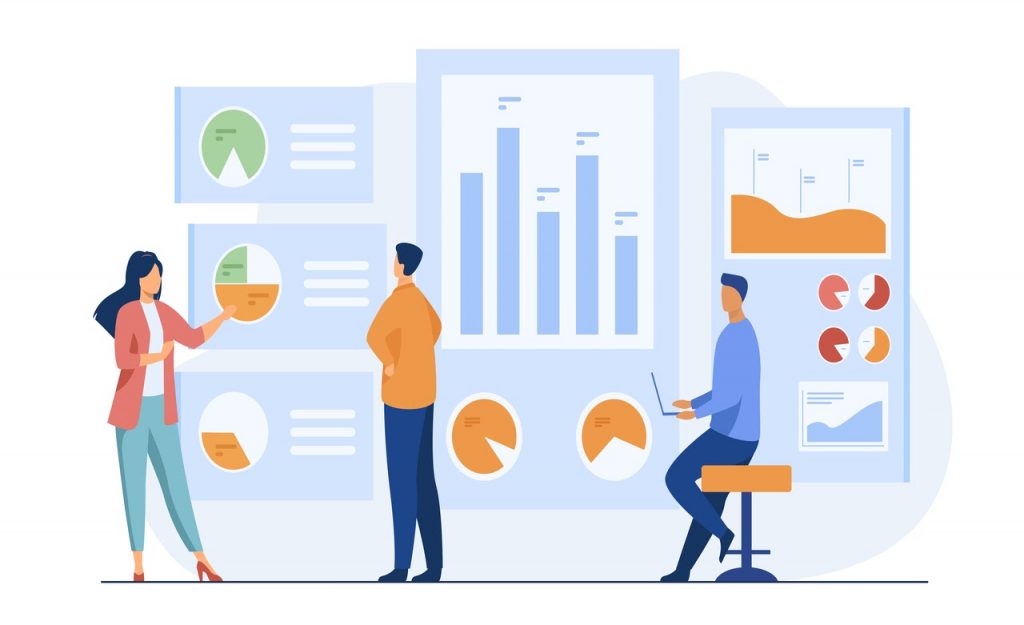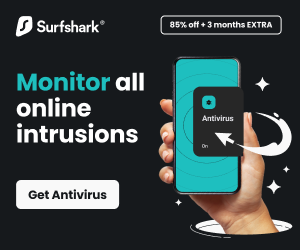Today, we will show you tips for digital marketers to avoid and prevent data breaches.
You might have a dedicated cybersecurity team to keep your company safe, but that doesn’t mean that, as a digital marketer, you shouldn’t do your best to keep sensitive business information out of harm’s way.
If you’re the leader of the company, then you need to know that hackers and scammers can launch an attack on any of your departments, so you have to make sure that they are equipped to avoid them or to handle an attack.
If you have any on staff, your cybersecurity professionals can employ various solutions to keep your marketers safe.
Still, there are also some essential security tips that you should know and implement for added protection. Luckily, these are easy to implement and require no significant investments.
READ ALSO: 4 Ways Technology Can Help Your Marketing Efforts
Here are the five tips for digital marketers to avoid and prevent data breaches and leaks.
Table of Contents
Tips For Digital Marketers To Avoid And Prevent Data Breaches
1. Choose the right marketing tools
First, let’s assume that you already have the right security tools the whole company uses. Now, when discussing digital marketing specifically, you must be careful with your chosen tools.
Chances are that your marketers are using various digital marketing tools to analyze customer data, create engaging campaigns, collaborate on projects, and communicate internally and externally. Have you checked the level of security that each of these software solutions employs?
For example, if you are using a cloud-based project management tool, can you be sure that the information stored on the servers it uses is safe? Can you ensure the integrated messaging tool offers complete end-to-end encryption to prevent intercepts?
These are the kinds of security holes you should be looking for, all of which your marketing experts should know. Choose the right tools, and you will have an easier time keeping marketing data safe.
READ ALSO: What Are Phishing Scams And How You Can Avoid Them?
2. Implement a more robust password policy
Your marketers have numerous personal accounts on many online platforms, all of which are potential security loopholes that hackers and scammers may try to exploit.
Security threats are everywhere, from the entire Google suite of apps, the project management tool, the various messaging and communication apps, and the multiple devices they’re using.
Your marketers need to know how to keep their accounts and devices safe, and the best way to do that is to instate a stringent password policy.
Improving password strength is especially important if handling sensitive customer data, which is usually the highest risk for eCommerce websites.
With that in mind, you can either educate your marketers on how to create impregnable passwords properly, or you can integrate a password management tool into the system that’s mandatory to use.
This tool will generate truly random combinations of letters and special characters, so you’ll always know that nobody will ever use their pet’s name as a password in your company again.
3. Monitor online activity and website data
It should go without saying that preventing cyber-attacks and identifying potential cyber threats early on is better than responding to a crisis, so you must watch all online activity.
This includes collecting and collating data from your cybersecurity team and extracting vital data from your digital marketing dashboard that contains information about your website traffic, where the traffic is coming from, the type of customers interacting with your brand, and more.
By combining the reports from both teams, you can identify potential security holes and threats early on, allowing you to act quickly to strengthen your security across the board. The marketing department can prove invaluable in your overarching cybersecurity strategy; you must monitor the correct marketing data.
READ ALSO: 4 Essential Cybersecurity Tips To Implement When Working Remotely
4. Back up your work regularly
Marketers are not IT experts or cybersecurity professionals, so you can’t expect them to fully understand the importance of regular backups. Instead, you need to educate and remind them that backing up business data is essential for avoiding downtime and ensuring your data is always available.
Ideally, you will automate this process and have all marketing data and materials backed up in the cloud so your marketers don’t have to do it manually. That said, they must remember to back up the data on the laptops and devices they use for work.
5. Introduce multi-factor authentication
Lastly, implement two-factor authentication for all devices and accounts in the marketing department. As we’ve mentioned earlier, your marketers are using numerous tools to do their jobs, all of which might come under attack.
Should a hacker succeed in breaching the first layer of defense, you need to have a second layer that will authenticate the user or, in the case of an attack, lock them out of the server and notify your security team.
This is a simple yet powerful way to keep your marketing team safe online and protect sensitive marketing data and materials.
READ ALSO: 4 Cybersecurity Best Practices To Prevent Cyber Attacks
Tips For Digital Marketers To Avoid And Prevent Data Breaches: FAQs
What are some common causes of data breaches?
- Phishing attacks: Hackers attempt to trick individuals into disclosing confidential information through emails, calls, or texts that appear legitimate.
- Malware: Malicious software like viruses and ransomware can infiltrate systems and steal data.
- Weak passwords: Easily guessable or reused passwords are vulnerable to brute-force attacks.
- Unsecured Wi-Fi: Using public Wi-Fi networks without proper security can expose data.
- Human error: Accidental data leaks or mishandling of sensitive information can occur due to human oversight.
How can digital marketers prevent data breaches?
- Implement strong cybersecurity practices: Regularly update software, use strong passwords and multi-factor authentication, and train staff on cyber hygiene and identifying phishing attempts.
- Limit data collection: Collect only the information necessary for your marketing campaigns and anonymize data whenever possible.
- Choose secure vendors: Partner with reputable vendors with robust security measures for data storage and processing.
- Encrypt sensitive data: Encrypt sensitive customer information like credit card numbers and social security numbers to render them useless even if breached.
- Develop a data breach response plan: Have a clear plan to identify, contain, and respond to data breaches effectively.
READ ALSO: Enterprise Security Guide: Your Roadmap To A Secure Business
What are the legal and ethical implications of a data breach?
Many countries have data privacy regulations that require businesses to safeguard customer information and notify them in case of a breach. Failing to comply can result in fines, legal repercussions, and reputational damage.
What resources are available to learn more about data security?
Several resources can help digital marketers stay up-to-date on data security best practices, including:
- National Data Protection Authorities: Most countries have data protection authorities that provide guidance and resources on data security regulations.
- Industry Associations: Industry associations often offer resources and training programs on data security for their members.
- Cybersecurity Experts: Consulting with cybersecurity experts can provide tailored advice and solutions for specific data security needs.
By prioritizing data security and implementing these strategies, digital marketers can minimize the risk of data breaches and protect their clients’ information, ensuring trust and success for their businesses.
Wrapping Up
Digital marketing is an essential department in every growth-oriented company. Ensure you keep your marketers safe by following these tips to elevate the level of cybersecurity in your marketing department, which will help keep your company and your customers out of harm’s way.
RELATED POSTS
- 12 Worst Data Breaches In History
- 3 Critical Cybersecurity Questions To Ask Before Buying a Marketing SAAS Product
- How To Get A Cybersecurity Job With No Experience
- The Crucial Role Of Cloud Computing In The Business World
- Cloud Security: Why Companies Should Not Fear To Move On The Cloud?
- How To Start A Cybersecurity Company
- Can VPNs Help Prevent Cyberattacks? [We Have The Answer]
- How To Stay Secure: 5 Top Tips When Betting Online To Implement And Follow!
About the Author:
Christian Schmitz is a professional journalist and editor at SecureBlitz.com. He has a keen eye for the ever-changing cybersecurity industry and is passionate about spreading awareness of the industry's latest trends. Before joining SecureBlitz, Christian worked as a journalist for a local community newspaper in Nuremberg. Through his years of experience, Christian has developed a sharp eye for detail, an acute understanding of the cybersecurity industry, and an unwavering commitment to delivering accurate and up-to-date information.


